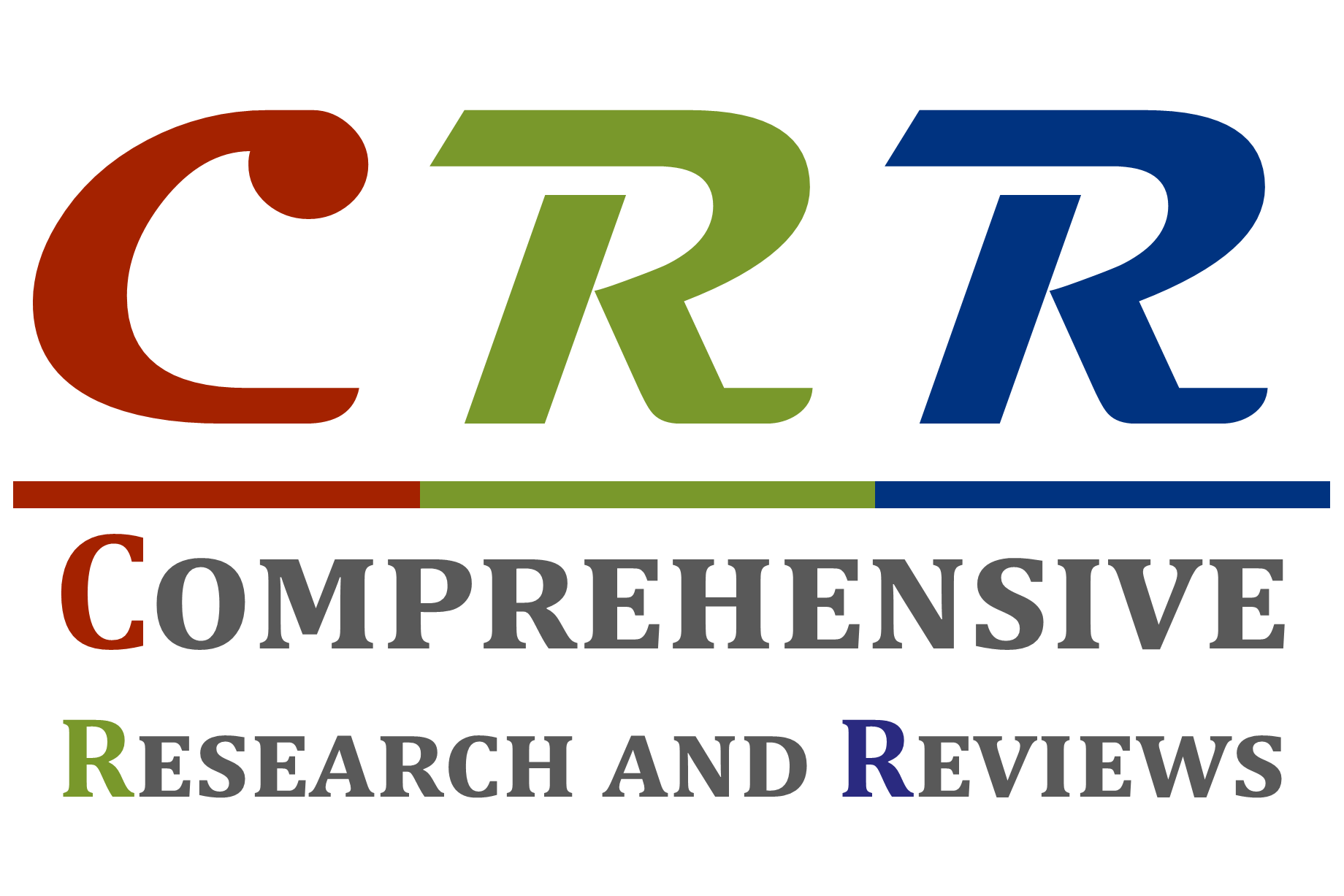AI-Powered waste management: Predictive modeling for sustainable landfill operations
1 Independent Researcher, Houston, TX.
2 GE Vernova, Canada.
3 Department of Forestry and Environmental Management, Micheal Okpara University of Agriculture Umudike, Nigeria.
4 Office of Safety Health and Environment, Morgan State University, USA.
Review
Comprehensive Research and Reviews in Science and Technology, 2024, 02(01), 020–044
Article DOI: 10.57219/crrst.2024.2.1.0031
Publication history:
Received on 08 August 2024; revised on 13 September 2024; accepted on 16 September 2024
Abstract:
Artificial Intelligence (AI) is revolutionizing waste management by enhancing the efficiency and sustainability of landfill operations through predictive modeling. This paper explores the application of AI-powered predictive modeling in optimizing landfill management, focusing on reducing environmental impacts, improving resource allocation, and extending landfill lifespans. AI systems analyze vast datasets, including historical waste generation patterns, weather conditions, and landfill usage statistics, to forecast waste inflows, allowing for more accurate planning of landfill space and resource utilization. By predicting waste volumes and decomposition rates, AI helps optimize waste compaction and layering techniques, reducing the risk of environmental hazards such as leachate generation and greenhouse gas emissions. In addition, AI-driven models facilitate the monitoring and early detection of potential operational issues, such as methane build-up and soil instability, enabling timely interventions and enhancing safety standards. Machine learning algorithms continuously refine these predictions, providing real-time updates and actionable insights to landfill operators. This not only reduces operational costs but also improves compliance with environmental regulations by ensuring that landfills operate within capacity limits and adhere to sustainable practices. Moreover, predictive modeling supports the development of circular economy initiatives by identifying materials suitable for recycling or repurposing before they reach the landfill, thus reducing the overall waste burden. The integration of AI in landfill operations also enables better decision-making on waste diversion strategies and resource recovery programs, contributing to long-term sustainability. This study highlights the potential of AI to transform landfill operations, reducing environmental risks while promoting sustainable waste management practices. Collaboration between waste management authorities, AI developers, and policymakers is crucial to ensure the successful implementation of AI-powered solutions for landfill sustainability.
Keywords:
AI-powered waste management; Predictive modeling; Landfill operations; Sustainable waste management; Machine learning; Waste forecasting; Environmental sustainability; Resource recovery; Circular economy; Greenhouse gas emissions; Waste diversion
Full text article in PDF:
Copyright information:
Copyright © 2024 Author(s) retain the copyright of this article. This article is published under the terms of the Creative Commons Attribution Liscense 4.0
